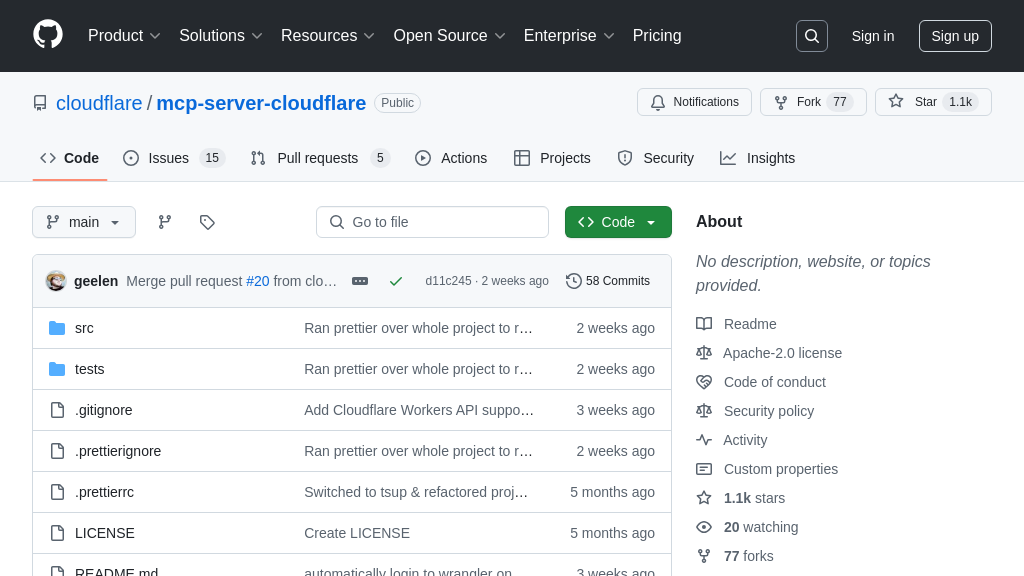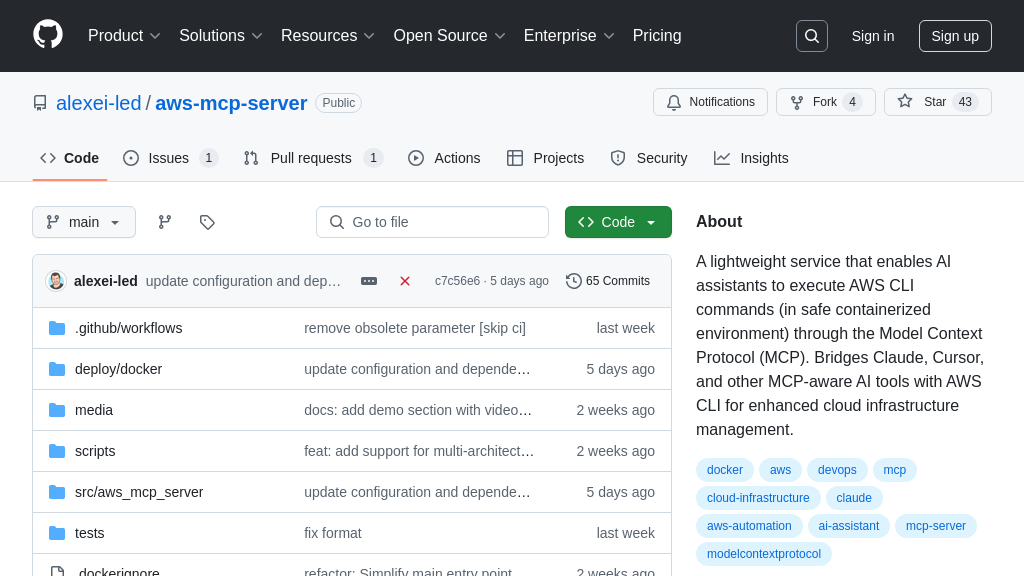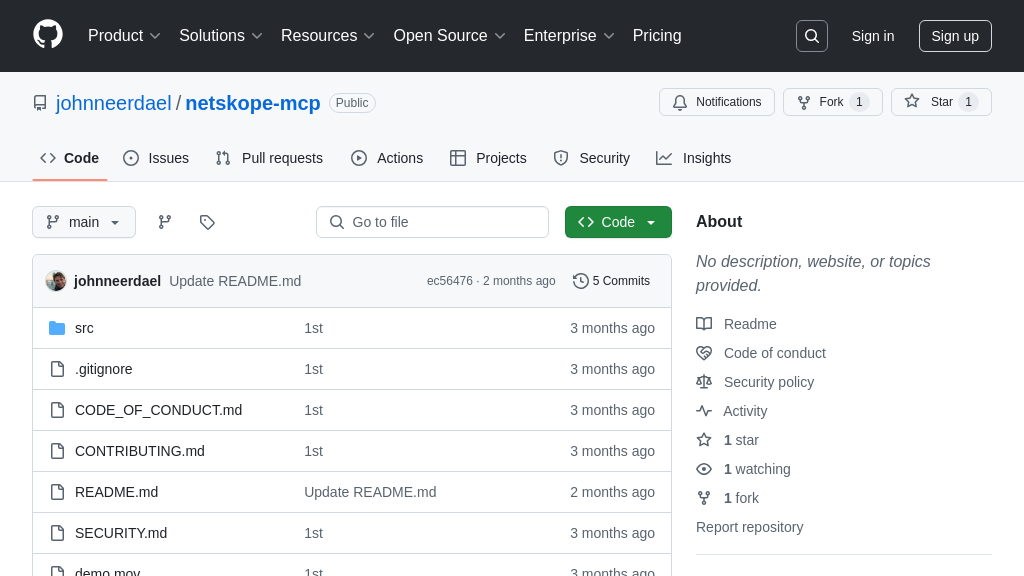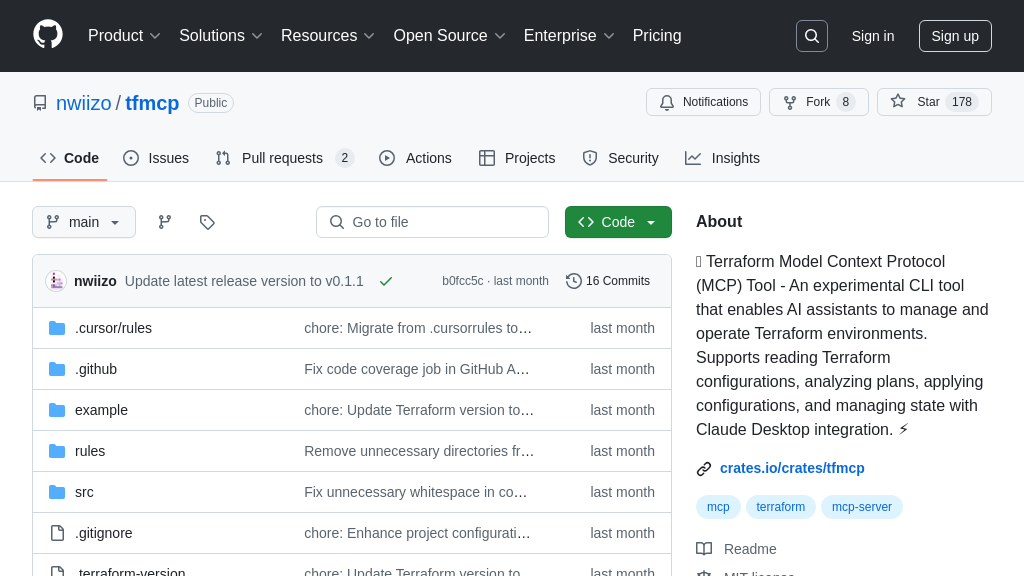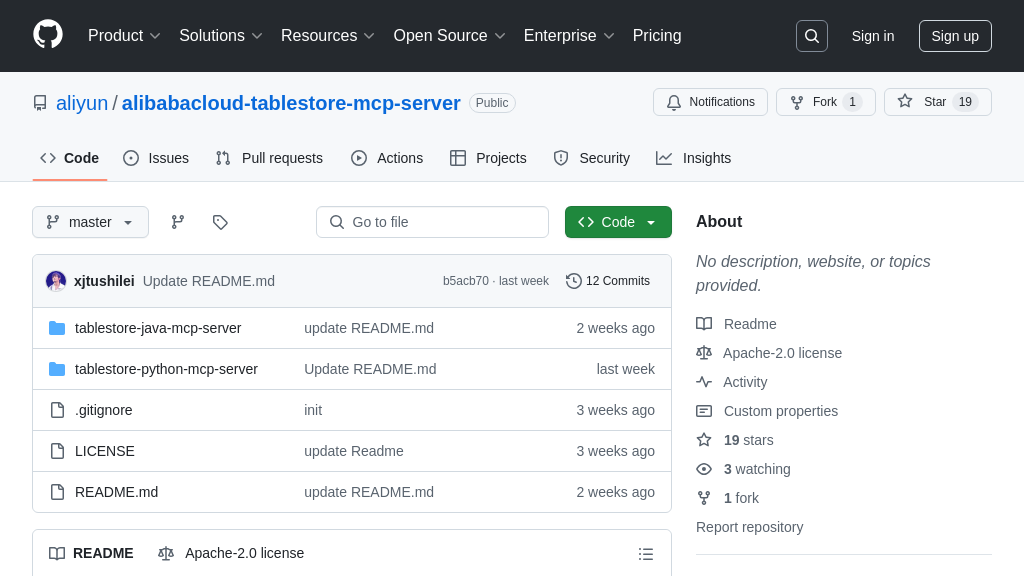mcp-aiven
Integrate AI models with Aiven services using the mcp-aiven server. Build full-stack AI solutions with secure access to your Aiven data.
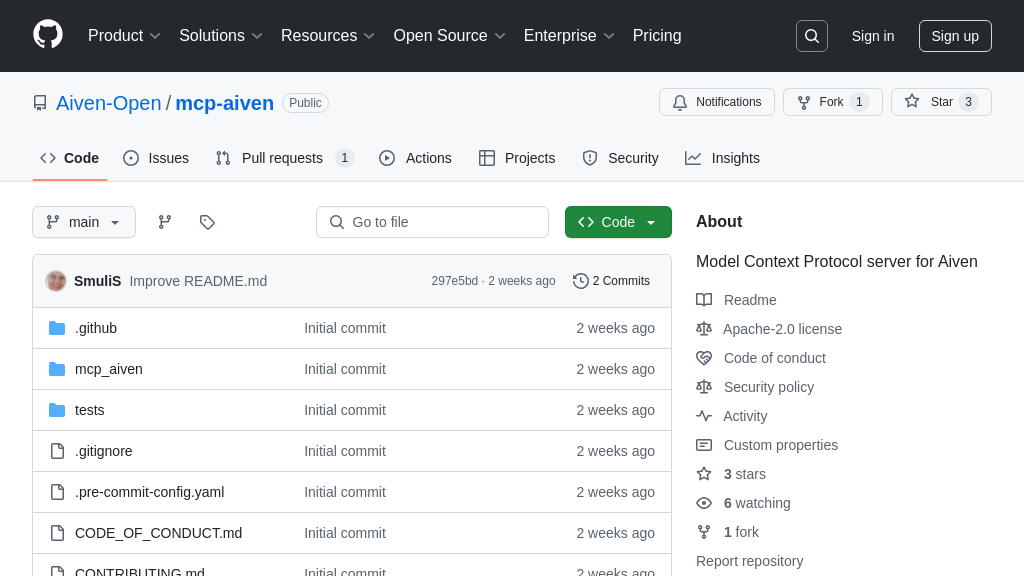
mcp-aiven Solution Overview
The Aiven MCP Server is a valuable tool for developers looking to integrate Aiven's suite of data services with AI models. As an MCP server, it provides a standardized interface for accessing Aiven for PostgreSQL, Kafka, ClickHouse, Valkey, and OpenSearch, along with their native connectors. This allows LLMs to build full-stack solutions leveraging the Aiven ecosystem.
Key features include tools to list projects, list services within a project, and retrieve detailed service information. By providing AI models with easy access to Aiven's data services, developers can create intelligent applications that respond to real-time data and events. The server is configured via environment variables, including the Aiven API URL and token, and integrates seamlessly with tools like Claude Desktop and Cursor. This empowers developers to build robust, data-driven AI applications with ease, while maintaining control over security and permissions.
mcp-aiven Key Capabilities
Project Listing via Aiven API
The list_projects tool allows AI models to retrieve a comprehensive list of all projects associated with a user's Aiven account. This functionality leverages the Aiven API, providing a programmatic way to access project information. The tool authenticates using an Aiven API token, ensuring secure access to the user's account data. This feature is crucial for AI applications that need to understand the scope of available resources and services within an Aiven environment. By providing a clear overview of projects, the list_projects tool enables AI models to make informed decisions about resource allocation and service utilization.
For example, an AI-powered cost optimization tool could use list_projects to identify projects with high spending and then analyze the services within those projects to pinpoint areas for potential savings. The tool simplifies the initial step of identifying relevant projects, allowing the AI model to focus on more complex analysis and optimization tasks.
Service Discovery within Projects
The list_services tool enables AI models to discover all services running within a specified Aiven project. This tool is essential for AI applications that need to interact with or manage specific services within the Aiven ecosystem. By providing the project name, the tool returns a detailed list of services, including their names, types, and statuses. This information allows AI models to dynamically adapt to the available services and tailor their actions accordingly. The tool relies on the Aiven API for data retrieval, ensuring accurate and up-to-date information.
Consider an AI-driven deployment automation tool that needs to deploy a new application stack. The tool can use list_services to check for existing services, such as databases or message queues, within the target project. Based on the results, the tool can then decide whether to create new services or reuse existing ones, optimizing resource utilization and deployment time.
Detailed Service Information Retrieval
The get_service_details tool provides AI models with in-depth information about a specific service within an Aiven project. This tool is critical for AI applications that require a granular understanding of service configurations, metrics, and dependencies. By specifying the project name and service name, the tool retrieves a comprehensive set of details, including connection parameters, resource usage, and available endpoints. This information empowers AI models to make precise decisions about service management, optimization, and troubleshooting. The tool utilizes the Aiven API to ensure data accuracy and consistency.
For instance, an AI-powered monitoring and alerting system can use get_service_details to retrieve the connection parameters for a database service. The system can then use these parameters to connect to the database and collect performance metrics. By analyzing these metrics, the AI model can detect anomalies and trigger alerts, ensuring the database service remains healthy and responsive.
API Token Security and Management
A critical aspect of mcp-aiven is its reliance on Aiven API tokens for authentication and authorization. The documentation emphasizes the importance of adhering to the principle of least privilege when managing these tokens. This means that API tokens should be granted only the minimum permissions necessary for the AI agent to perform its intended function. Furthermore, the documentation highlights the user's responsibility for secure token storage and regular rotation. This focus on security ensures that AI agents operating through mcp-aiven do not pose a risk to the Aiven environment.
This security-conscious design is particularly valuable in scenarios where AI agents are granted access to sensitive resources, such as databases or message queues. By carefully managing API token permissions, developers can limit the potential impact of a compromised AI agent and prevent unauthorized access to critical data.

